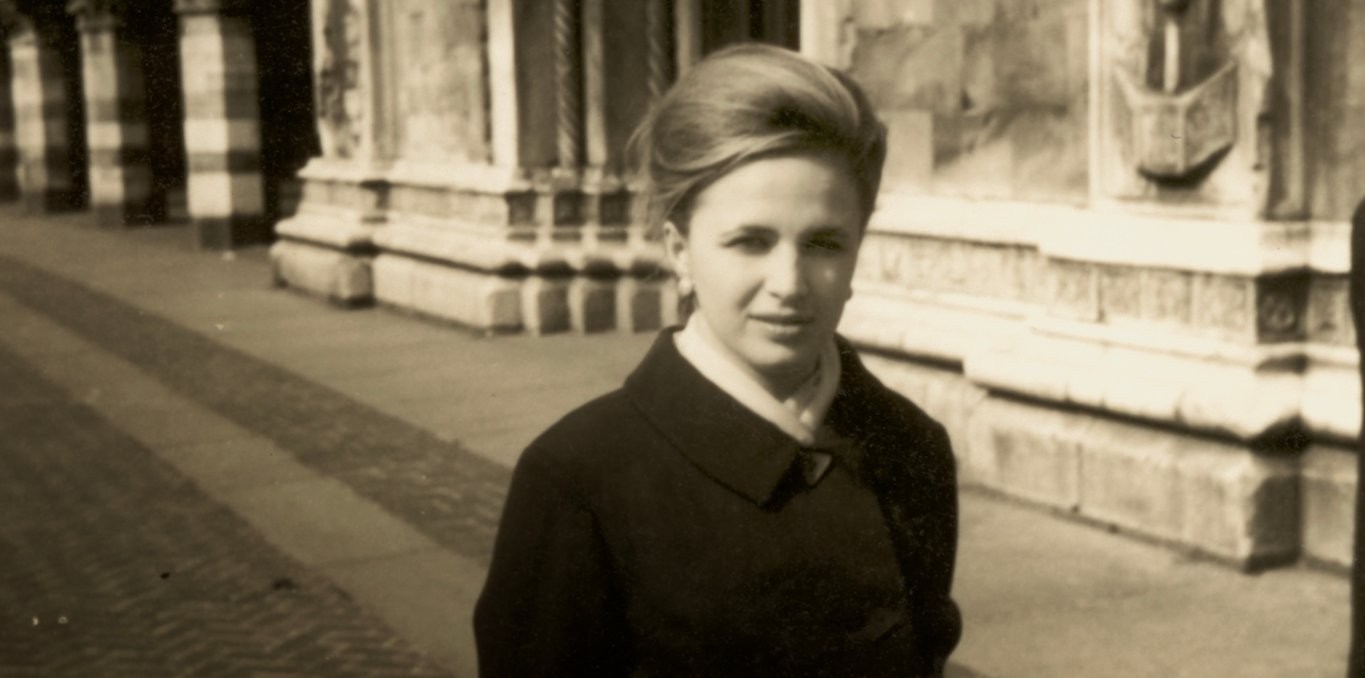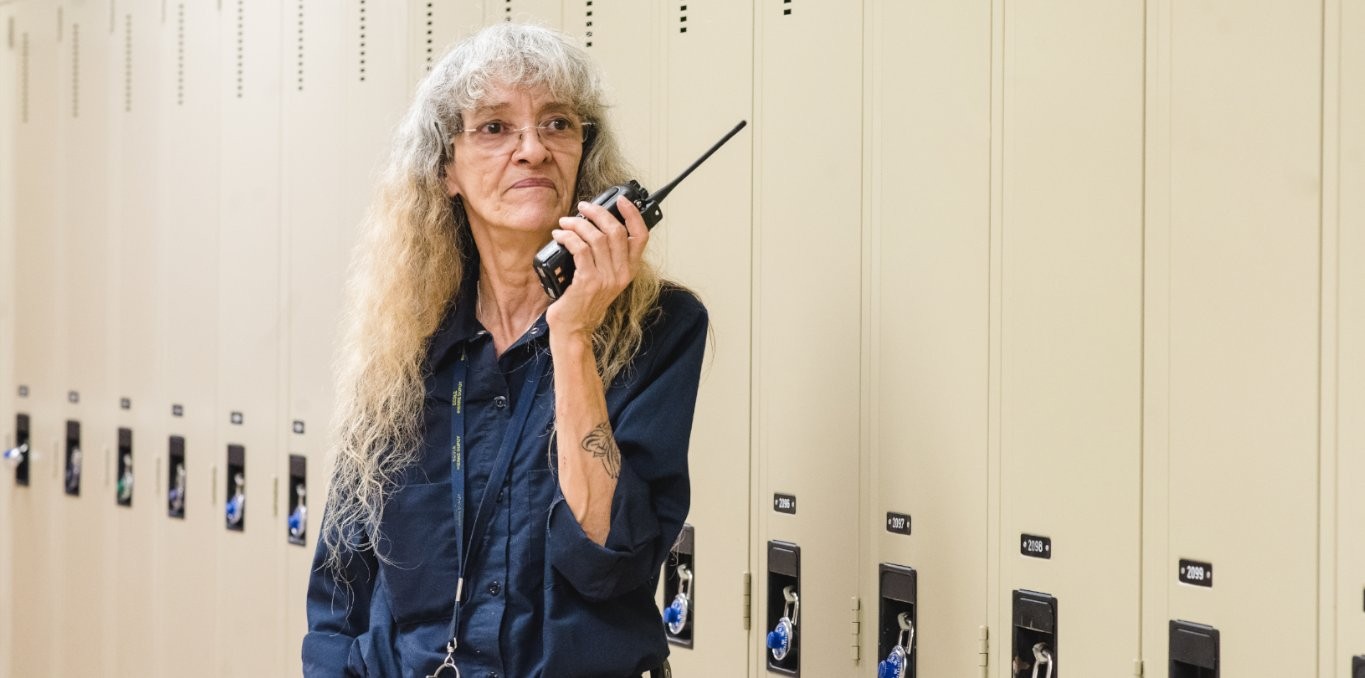Women-filmmakers

764 products

And Yet We're Not Super Heroes
And Yet We're Not Super Heroes
New product!When we are a child, there is this fragile moment when the border between the imaginary and the reality is shattered. Here is the testimony of these children between two worlds, to whom the floor has been freely given.

And Yet We're Not Super Heroes
And Yet We're Not Super Heroes
New product!Duration: 24 minutes
Subscription access
When we are a child, there is this fragile moment when the border between the imaginary and the reality is shattered. Here is the testimony of these children between two worlds, to whom the floor has been freely given.

The Dissolution of the Landscape
The Dissolution of the Landscape
New product!Subscription access
Through visual metaphors, the film offers an incursion into an inner landscape, a dive into subconscious, a mix of childhood memories and recurrent dreams, between surrealism and automatism.

Light Plays
Subscription access
Old footage from 16mm film is scratched, drawn upon, and experimentally animated with a quantum dots solution. The film seems at first about sound, the moon, and exotic birds, but it is more about narration, experimentation, and playfulness.
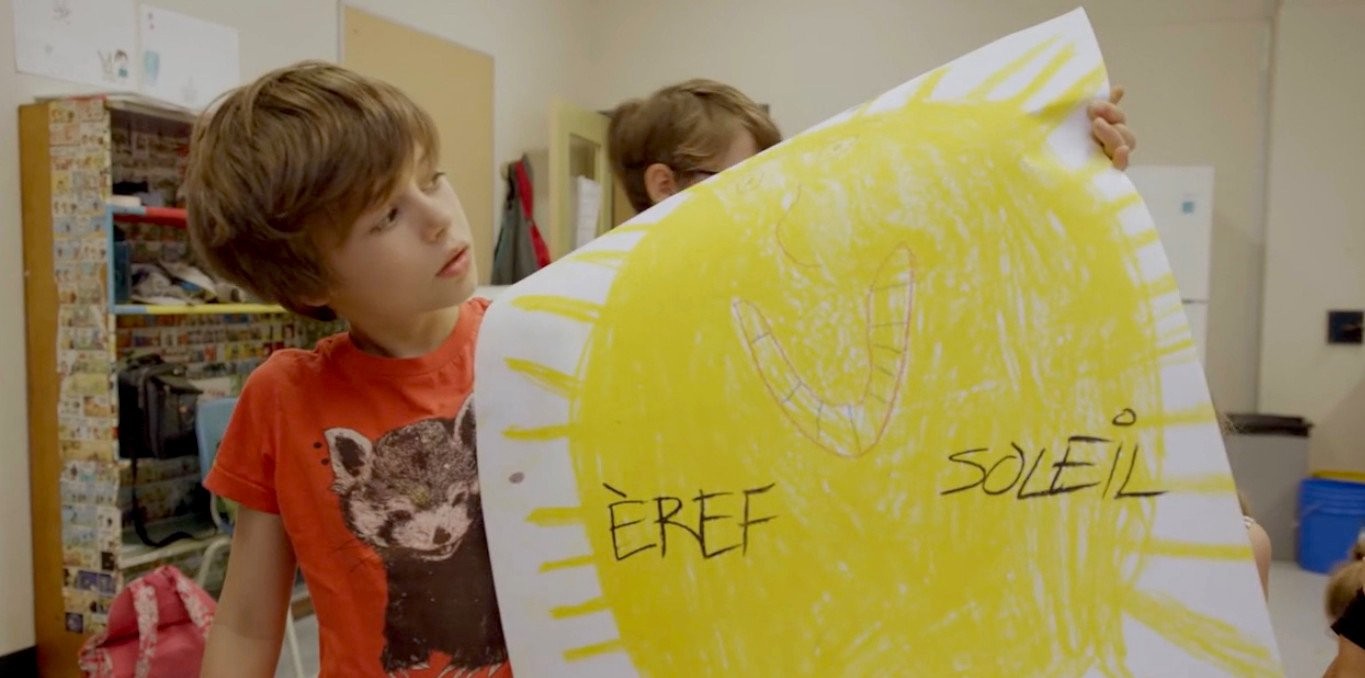
Faire le pont
Subscription access
A cultural mediation project carried out by Spira and the Joujouthèque de la Basse-ville with the objective to create short films with underprivileged youth and/or youth from immigrant backgrounds from the inner city of Quebec. This project resulted in the short documentary film _Faire le pont_ directed by Clarissa Rebouças and 8 to 9 year olds from the Joujouthèque Basse-Ville.

Before Fall
Subscription access
On the eve of an inevitable exile towards the urban centers, the youth of Temiscamingue is torn between the desire of a better future and the attachment to its territory.
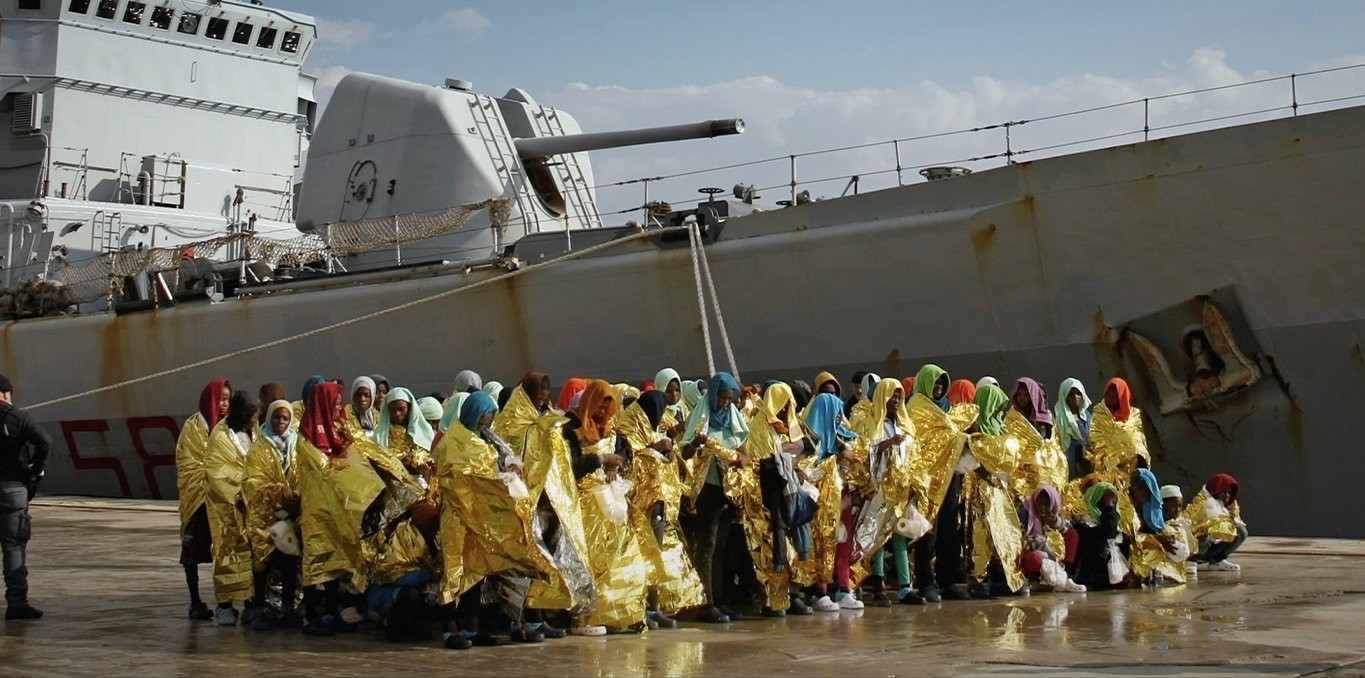
After the Odyssey
Subscription access
After a Dantean journey, women from Nigeria arrive alone and ever younger in Italy, looking for a better life. Such horrors as human trafficking and sexual slavery are waiting for them, as we discover in this ensemble film, featuring harrowing stories told in a sensible way that spares us from the unbearable. These tales provoke a broader reflection on migration and otherness.
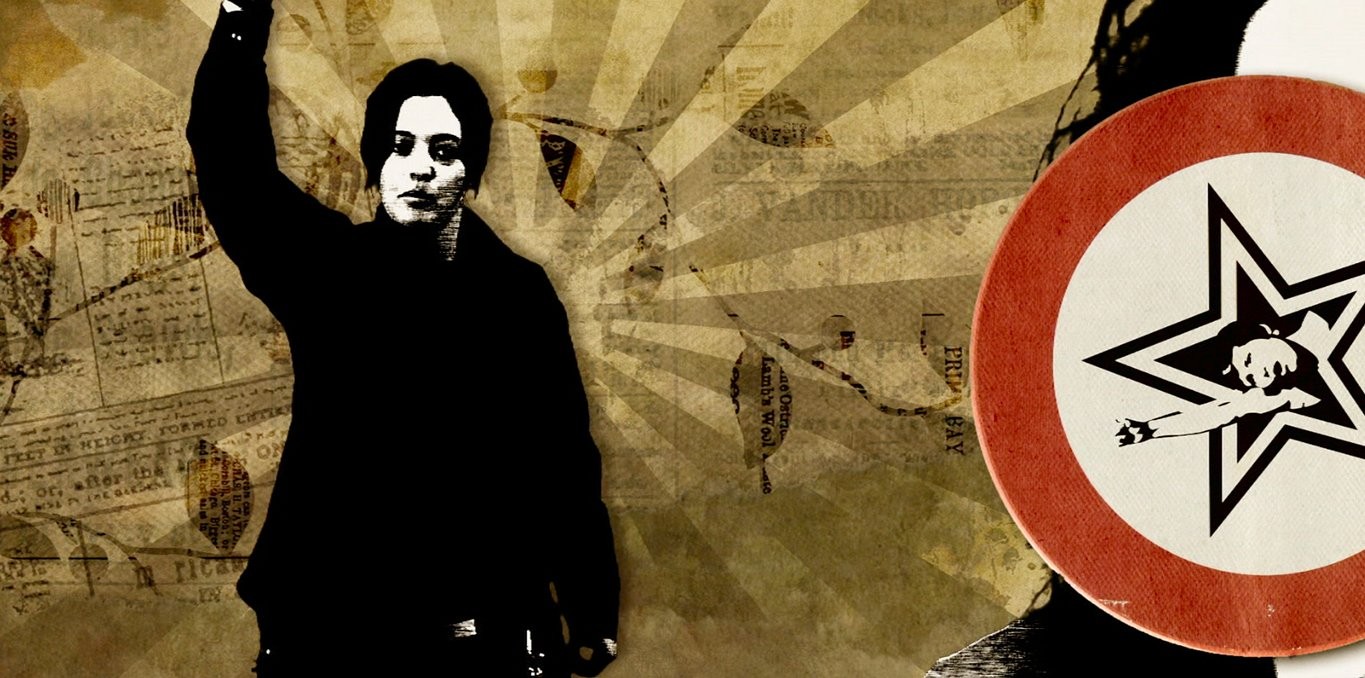
Attention féministes!
Subscription access
Portraits of young contemporary feminists. Geneviève, Barbara, Pascale, Coco and Marco: so many ways of being feminists today! At a time when ideologies have been declared dead, these young people still believe in a better world! Through their personal and social commitment, we discover the “new” face of feminism, that of the girls and boys of generations X and Y. A dynamic movement, a mode of ...

Alice in Big Noses’ Land
Subscription access
Alice, c'est ma perle d'Orient, ma fille qui vient de Chine. Les gros nez, c'est nous : c'est l'expression par laquelle les Asiatiques désignent les Occidentaux. Alice a trouvé sa famille au Québec, comme près de 5 000 de ses petites compatriotes depuis le début des années 1990. Tourné sur une période de dix ans, mon documentaire présente les expériences et les questionnements de huit familles ...
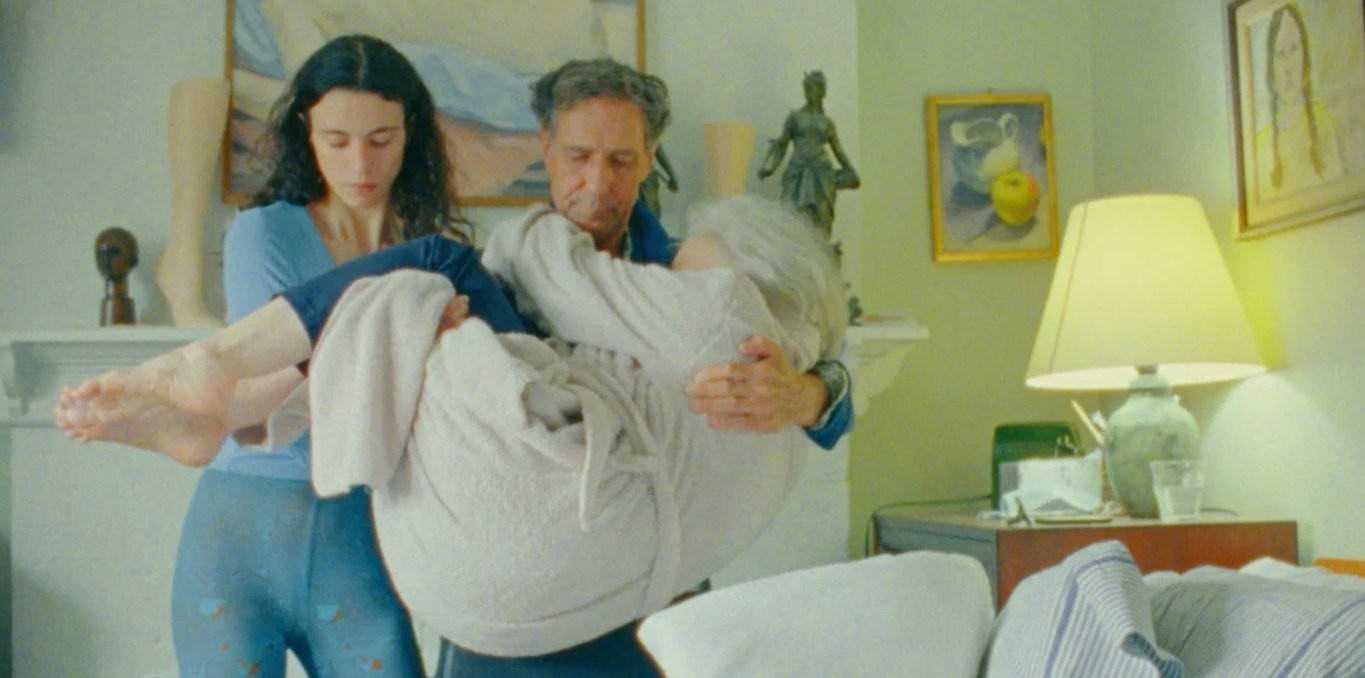
Nine Easy Dances
Duration: 40 minutes
Subscription access
A filmmaker and former dancer returns to her family home to make a film with her parents, but when they fail to live up to unrealistic expectations, and when her mother's cancer metastasizes, she hires professional dancers to play them, in what becomes a darkly humorous docufiction about both loss and transformation.
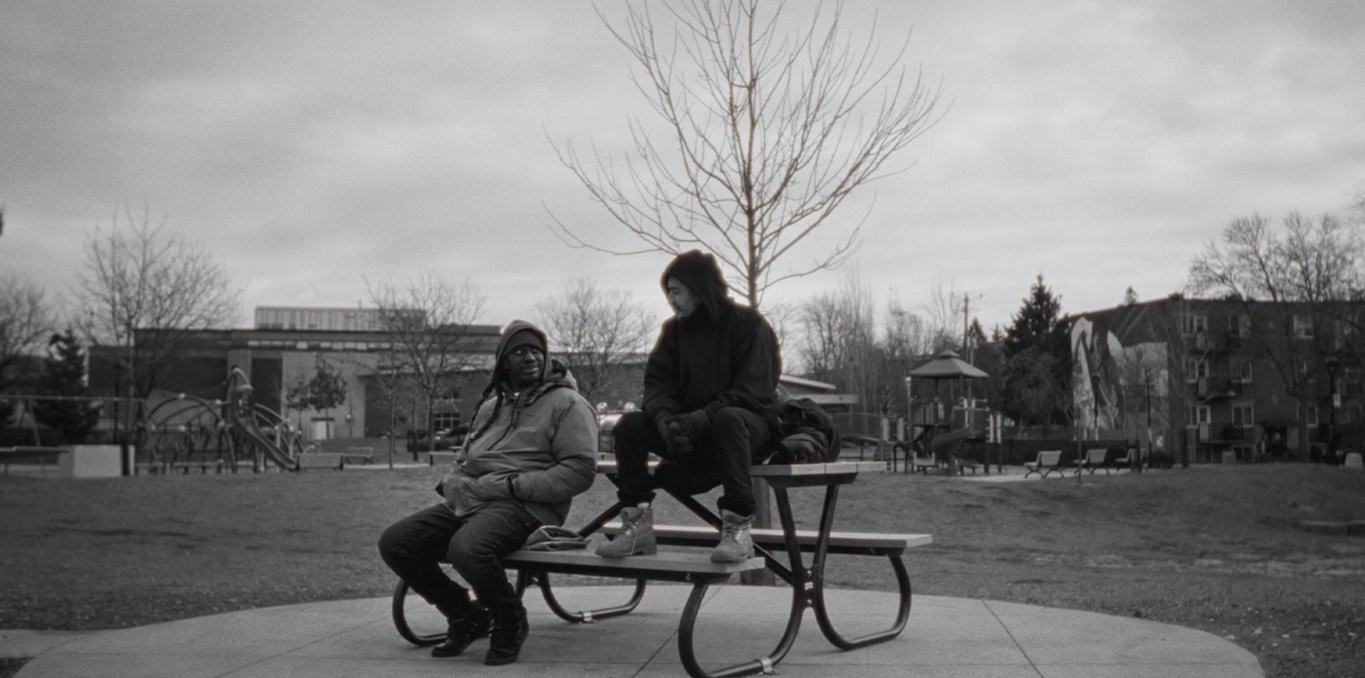
Parc-Ex The Heart of MTL
Subscription access
Every Sunday, Hudson returns to Park Extension to see his father. Along the way, he runs into his childhood friend, Baki. Together, they wander their old stomping grounds, just like when they were kids. As they walk, Hudson reminisces about how the neighbourhood shaped who he has become.
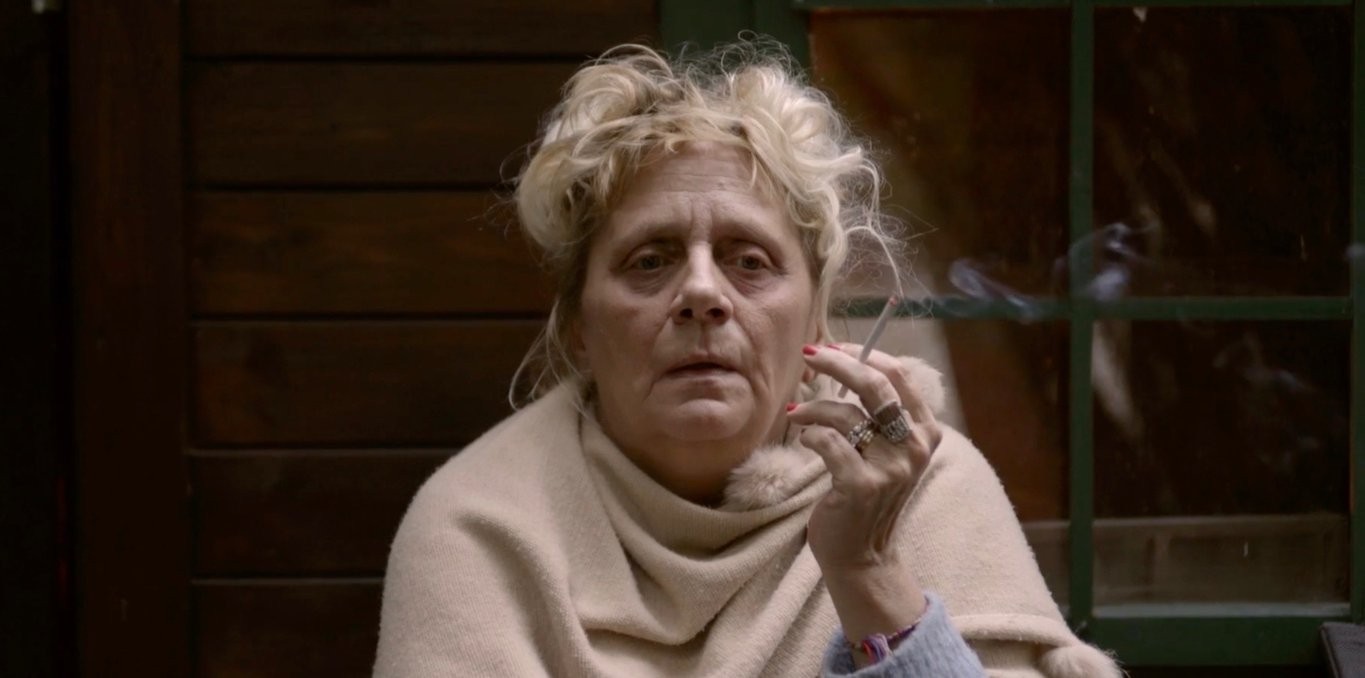
Mathilde and the Love Room
Subscription access
Puffing on super slim cigarettes, and wearing high heels, Madame Mathilde, as she's often called, is an exceptional, tireless public health nurse on a mission to help the homeless in Brussels through countless projects. Will she succeed in convincing Valérie and Mohammed to find some intimacy in her "Love Room"?
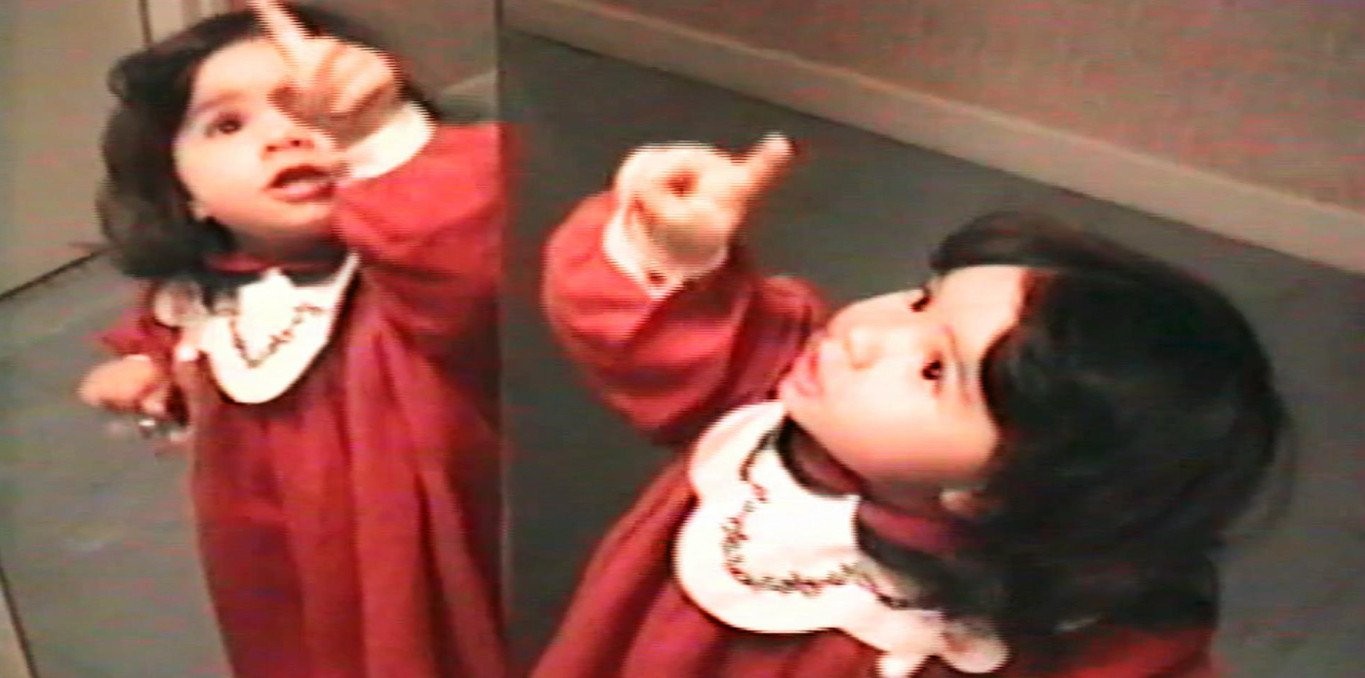
The Kettle
Subscription access
In a letter to her attacker, a young woman describes all the harm she would, in turn, inflict on him. Authenticity and violence reverse the victim-culprit relationship.
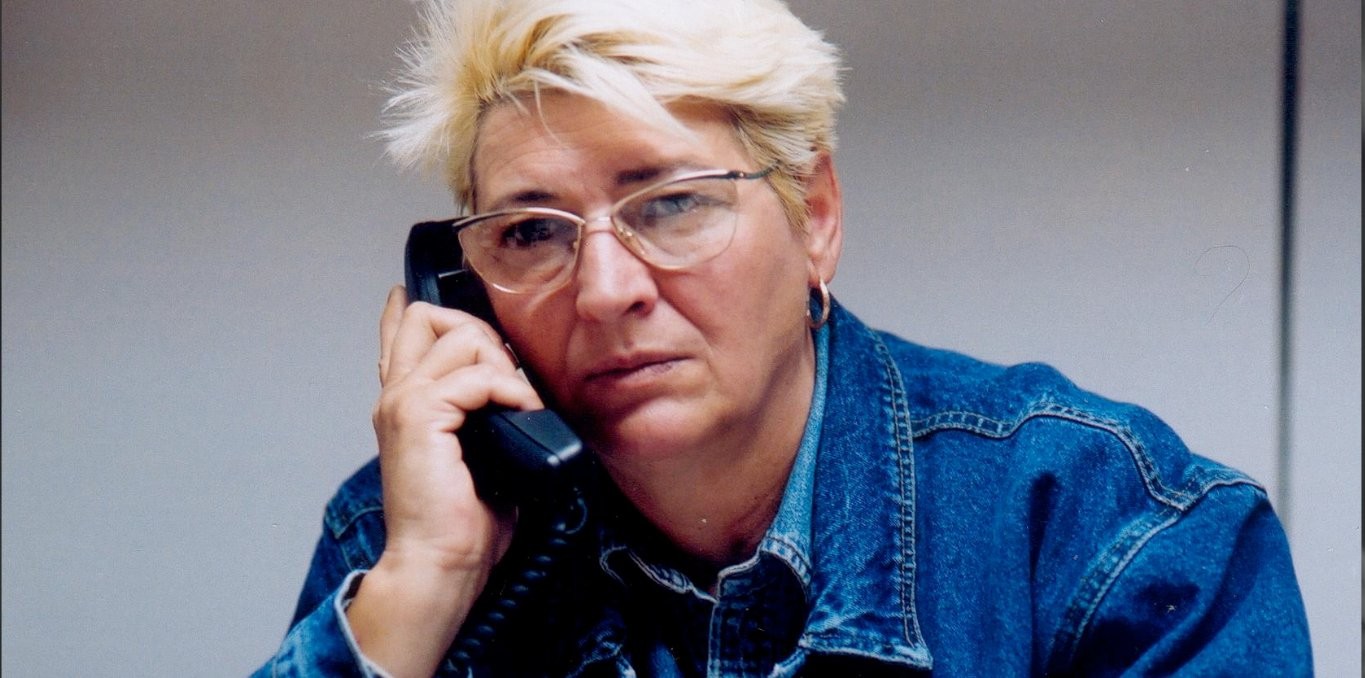
4125 Parthenais
Subscription access
A Romanian caretaker orchestrates arrivals and departures; she decides who will be allowed access to this noisy and anonymous building. Who lives at 4125 Parthenais? Primarily men, not so young anymore, most of them welfare recipients. People who have, out of frustration or by choice, withdrawn from the Capitalist society. A fallen suburbanite, a caretaker who thinks he’s an Earl, a gay Jehova’...
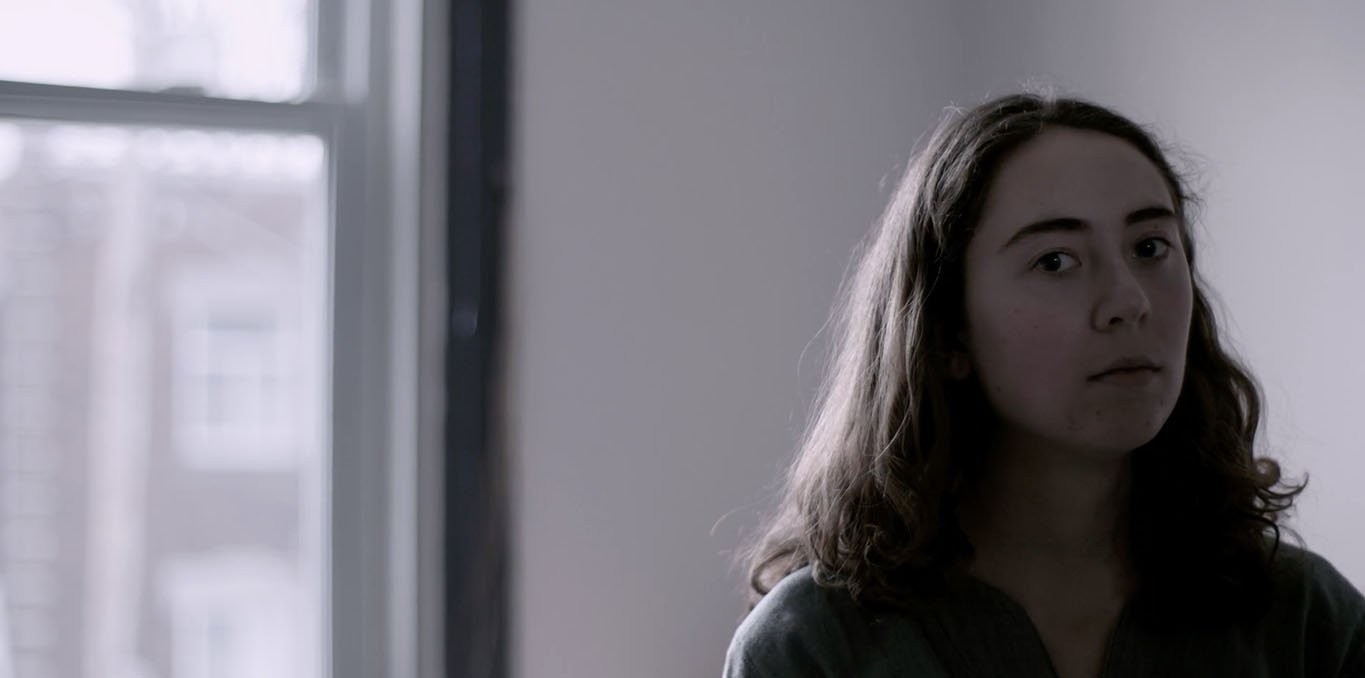
A Bird of Paper
Subscription access
Amélie-Jeanne is a 22-year-old psychiatry patient. A year after her fifth psychotic episode, she still feels the effects in her everyday life. Feeling fragile but hopeful, her health is improving thanks to the strong bond she shares with her father, who faces challenges of his own.

Y'a qu'à pas baiser !
Subscription access
This documentary about abortion was made when it was still illegal in France. It looks at why women decide not to keep their child and how an abortion is carried out according to the Karman method. The film also shows the first women’s demonstration in favour of abortion held on November 20, 1971.
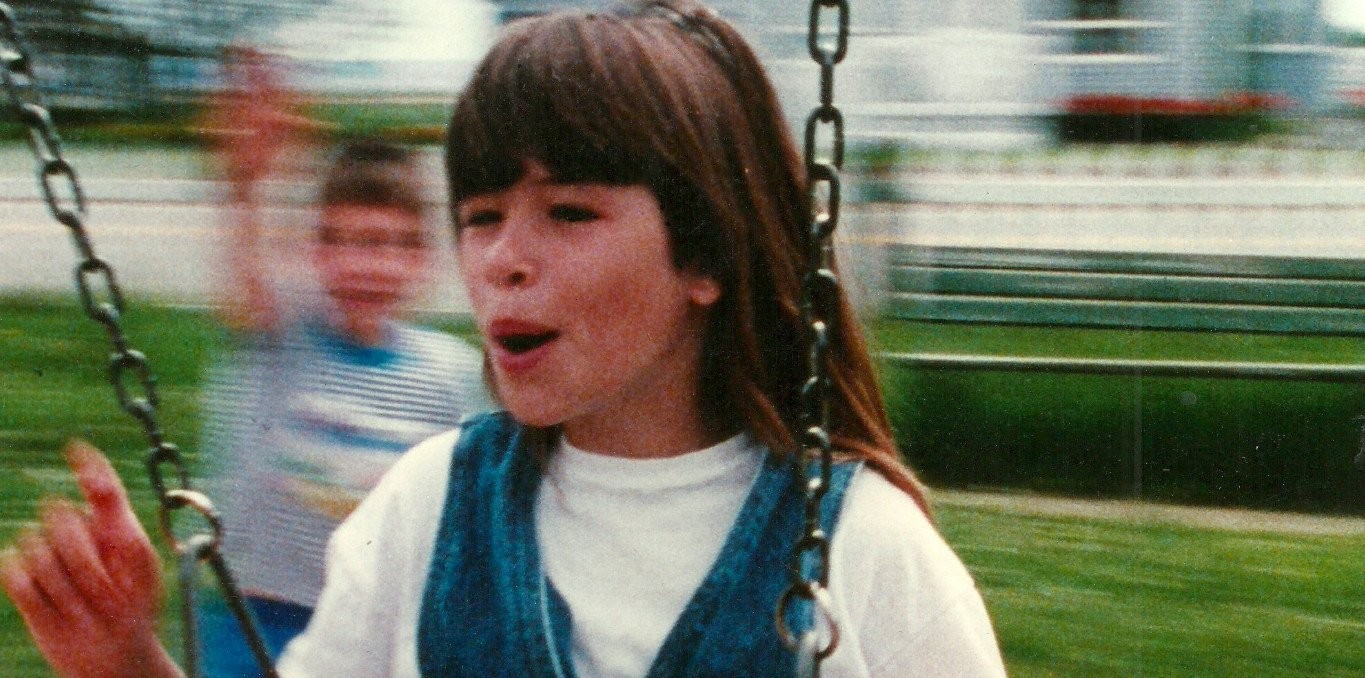
Landscape in the Mind's Eye
Subscription access
Through the eyes of children and women from different generations, this film reveals the soul of a small village on Quebec’s North Shore. Madame Kennedy shares a vital bond with the forest; Diane, faced with the hardships of her life’s journey, lifts her head high; Cathy, at 18, possesses the biting clarity of those who have had to fight. The strength and determination of each woman converge...
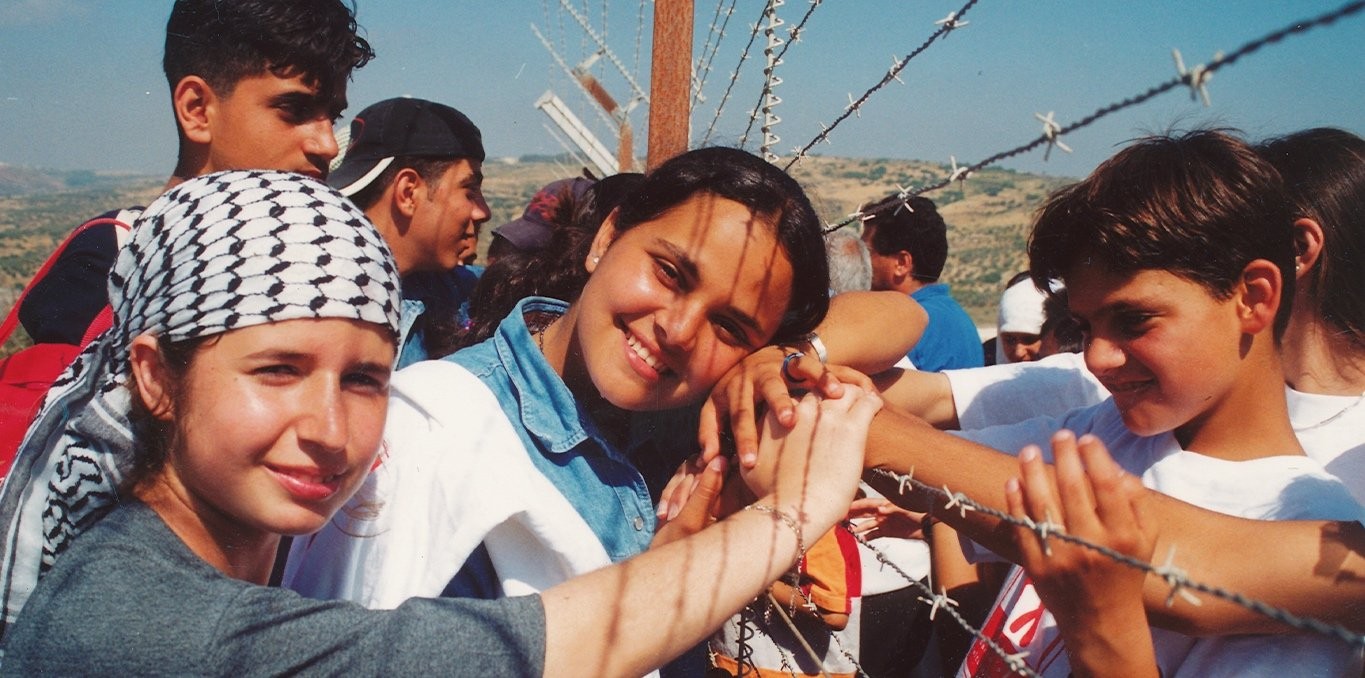
Frontiers of Dreams and Fears
Subscription access
From the Shatila camp in Beirut to the Dheisheh camp in Bethlehem, this film follows two teenage girls – Mona, 13, and Manar, 14 – who, separated by exile, get to know each other and form a friendship via the Internet, until a meeting becomes possible thanks to political events. Shot after the liberation of Southern Lebanon from Israeli occupation and at the outset of the Second Intifada, the f...

And Yet We're Not Super Heroes
And Yet We're Not Super Heroes
New product!When we are a child, there is this fragile moment when the border between the imaginary and the reality is shattered. Here is the testimony of these children between two worlds, to whom the floor has been freely given.

And Yet We're Not Super Heroes
And Yet We're Not Super Heroes
New product!Duration: 24 minutes
Subscription access
When we are a child, there is this fragile moment when the border between the imaginary and the reality is shattered. Here is the testimony of these children between two worlds, to whom the floor has been freely given.

The Dissolution of the Landscape
The Dissolution of the Landscape
New product!Subscription access
Through visual metaphors, the film offers an incursion into an inner landscape, a dive into subconscious, a mix of childhood memories and recurrent dreams, between surrealism and automatism.

Light Plays
Subscription access
Old footage from 16mm film is scratched, drawn upon, and experimentally animated with a quantum dots solution. The film seems at first about sound, the moon, and exotic birds, but it is more about narration, experimentation, and playfulness.

Faire le pont
Subscription access
A cultural mediation project carried out by Spira and the Joujouthèque de la Basse-ville with the objective to create short films with underprivileged youth and/or youth from immigrant backgrounds from the inner city of Quebec. This project resulted in the short documentary film _Faire le pont_ directed by Clarissa Rebouças and 8 to 9 year olds from the Joujouthèque Basse-Ville.

Before Fall
Subscription access
On the eve of an inevitable exile towards the urban centers, the youth of Temiscamingue is torn between the desire of a better future and the attachment to its territory.

After the Odyssey
Subscription access
After a Dantean journey, women from Nigeria arrive alone and ever younger in Italy, looking for a better life. Such horrors as human trafficking and sexual slavery are waiting for them, as we discover in this ensemble film, featuring harrowing stories told in a sensible way that spares us from the unbearable. These tales provoke a broader reflection on migration and otherness.

Attention féministes!
Subscription access
Portraits of young contemporary feminists. Geneviève, Barbara, Pascale, Coco and Marco: so many ways of being feminists today! At a time when ideologies have been declared dead, these young people still believe in a better world! Through their personal and social commitment, we discover the “new” face of feminism, that of the girls and boys of generations X and Y. A dynamic movement, a mode of ...

Alice in Big Noses’ Land
Subscription access
Alice, c'est ma perle d'Orient, ma fille qui vient de Chine. Les gros nez, c'est nous : c'est l'expression par laquelle les Asiatiques désignent les Occidentaux. Alice a trouvé sa famille au Québec, comme près de 5 000 de ses petites compatriotes depuis le début des années 1990. Tourné sur une période de dix ans, mon documentaire présente les expériences et les questionnements de huit familles ...

Nine Easy Dances
Duration: 40 minutes
Subscription access
A filmmaker and former dancer returns to her family home to make a film with her parents, but when they fail to live up to unrealistic expectations, and when her mother's cancer metastasizes, she hires professional dancers to play them, in what becomes a darkly humorous docufiction about both loss and transformation.

Parc-Ex The Heart of MTL
Subscription access
Every Sunday, Hudson returns to Park Extension to see his father. Along the way, he runs into his childhood friend, Baki. Together, they wander their old stomping grounds, just like when they were kids. As they walk, Hudson reminisces about how the neighbourhood shaped who he has become.

Mathilde and the Love Room
Subscription access
Puffing on super slim cigarettes, and wearing high heels, Madame Mathilde, as she's often called, is an exceptional, tireless public health nurse on a mission to help the homeless in Brussels through countless projects. Will she succeed in convincing Valérie and Mohammed to find some intimacy in her "Love Room"?

The Kettle
Subscription access
In a letter to her attacker, a young woman describes all the harm she would, in turn, inflict on him. Authenticity and violence reverse the victim-culprit relationship.

4125 Parthenais
Subscription access
A Romanian caretaker orchestrates arrivals and departures; she decides who will be allowed access to this noisy and anonymous building. Who lives at 4125 Parthenais? Primarily men, not so young anymore, most of them welfare recipients. People who have, out of frustration or by choice, withdrawn from the Capitalist society. A fallen suburbanite, a caretaker who thinks he’s an Earl, a gay Jehova’...

A Bird of Paper
Subscription access
Amélie-Jeanne is a 22-year-old psychiatry patient. A year after her fifth psychotic episode, she still feels the effects in her everyday life. Feeling fragile but hopeful, her health is improving thanks to the strong bond she shares with her father, who faces challenges of his own.

Y'a qu'à pas baiser !
Subscription access
This documentary about abortion was made when it was still illegal in France. It looks at why women decide not to keep their child and how an abortion is carried out according to the Karman method. The film also shows the first women’s demonstration in favour of abortion held on November 20, 1971.

Landscape in the Mind's Eye
Subscription access
Through the eyes of children and women from different generations, this film reveals the soul of a small village on Quebec’s North Shore. Madame Kennedy shares a vital bond with the forest; Diane, faced with the hardships of her life’s journey, lifts her head high; Cathy, at 18, possesses the biting clarity of those who have had to fight. The strength and determination of each woman converge...

Frontiers of Dreams and Fears
Subscription access
From the Shatila camp in Beirut to the Dheisheh camp in Bethlehem, this film follows two teenage girls – Mona, 13, and Manar, 14 – who, separated by exile, get to know each other and form a friendship via the Internet, until a meeting becomes possible thanks to political events. Shot after the liberation of Southern Lebanon from Israeli occupation and at the outset of the Second Intifada, the f...
